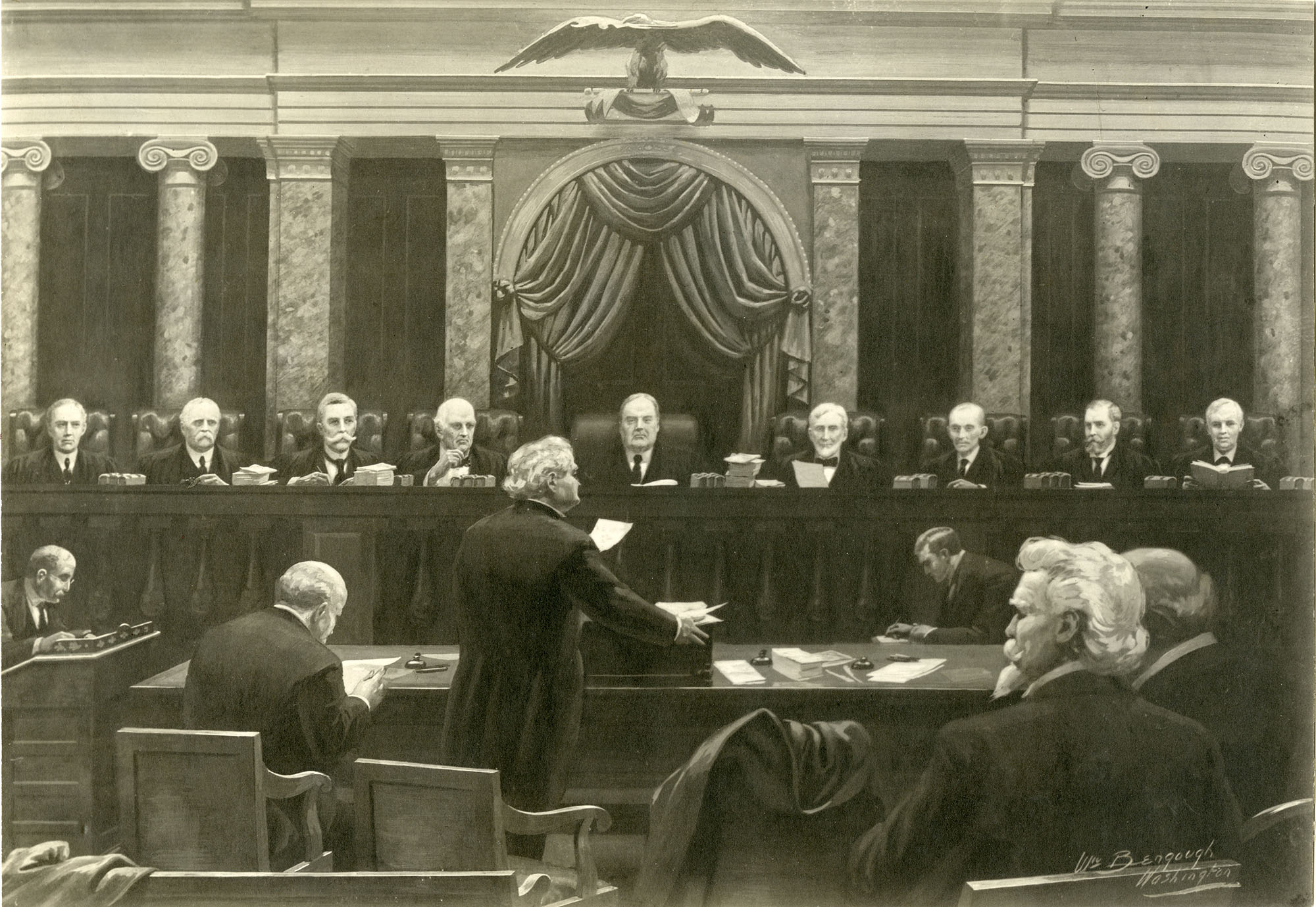Political scientists have written extensively about the U.S. Supreme Court. There is a sizable literature, for example, on how the Court picks its cases. There is a variable that I haven’t seen studied and I find it interesting: how much time the Court schedules for oral arguments. Oral arguments typically last an hour, with each side given 30 minutes, but sometimes the Court schedules more time for oral arguments. In some cases, oral arguments are scheduled for an entire day, or even multiple days.
I’d like to know a few things about the Court’s extended oral arguments. First, some descriptive information: I’d like to know how often it happens, the process used to schedule longer arguments, and if it’s done less often in modern compared to historic times. Second, I’d want to analyze longer schedule arguments as a dependent variable to assess potential explanations (for example, whether it’s a function of Chief Justice leadership, number of parties, or volume of amicus briefs). Third, and perhaps most interesting to me, I’d like to know whether the cases the Court picks for longer oral arguments are cited more often or are thought to be more important in the future. In this analysis, length of oral argument is the independent variable. It’s usually hard to know, in real time, how important something will be in the future; it’s much easier to look back with the benefit of hindsight and identify what became important. In scheduling extra time for oral arguments, does the Court identify what will become important cases?


